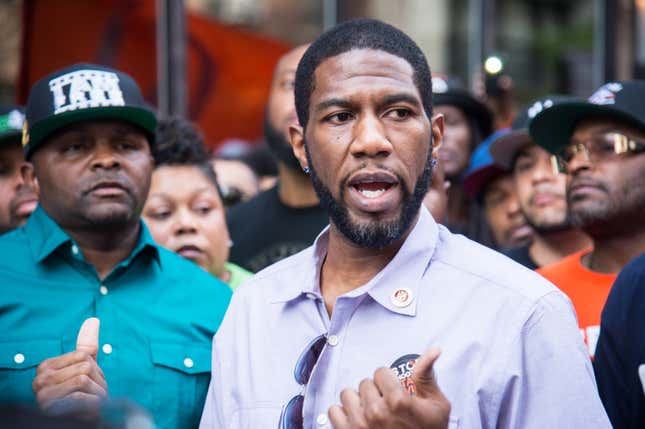
In what’s being called a groundbreaking measure, New York City’s City Council has passed a bill banning most companies from testing job applicants for marijuana.
The bill, which was approved by the Council April 9, awaits signature by Mayor Bill de Blasio, who, according to the New York Times, supports the measure. The change would take effect one year after the bill was signed into law.
New York City Public Advocate Jumaane Williams sponsored the legislation, and according to Williams, testing for marijuana has meant the loss of job opportunities for far too many New Yorkers.
“Testing isn’t a deterrent to using marijuana, it’s an impediment to opportunity that dates back to the Reagan era — a war on drugs measure that’s now a war on workers,” Williams said in a press release. “Prospective employers don’t test for alcohol so marijuana should be no different.”
Williams cited reporting finding that as many as 7 in 10 large employers do pre-employment drug screenings, accounting for as many as 40 percent of jobs. Marijuana, according to Williams’ office, accounts for about half of all positive results on drug tests, and failed tests lead to an inability for many to advance in their careers.
The bill would impact most employers, with exceptions for “certain safety and security sensitive jobs, and those tied to a federal or state contract or grant.”
Williams says that with a majority of New Yorkers supporting legalization of marijuana for recreational use, the time is right for the change.
“In no way does this bill justify individuals going to work under the influence,” he said, “[but] we need to be creating more access points for employment, not less.”

